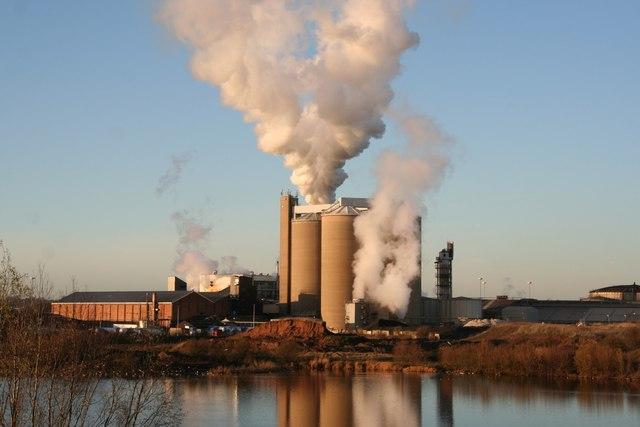The White House’s goal to reach net zero carbon emissions by 2050 will require some big changes — at a talk for the Sustainable Energy Seminar Series Sept. 12, University of Wisconsin Professor of Chemistry John Berry said one change may be to switch away from carbon-based fuels.
Berry suggested one nitrogen-based alternative that poses a lot of benefits — ammonia. Berry believes nitrogen-based fuels have a lot of interesting benefits, both economic and environmental, and they are worth considering in the energy industry.
UW chemistry lab discovers potential replacement to carbon based fuel economies
“If you want to try to create a world where we don’t have any reliance on coal, oil and natural gas, that means coal-fired power plants have to go,” Berry said in the seminar. “The petrochemical industry has to go … We have to find other ways of obtaining the benefits that we get from all of these different areas that don’t rely on carbon.”
Berry kicked off the seminar by explaining why ammonia is a sustainable fuel source. While the use of fossil fuels emits carbon dioxide — a greenhouse gas — into the atmosphere, Berry said the combustion of ammonia as a fuel only releases water and nitrogen gas, which are more environmentally friendly.
Ammonia is a good fuel source because it is made from nitrogen gas. Because nitrogen gas comprises nearly 80% of the atmosphere, ammonia can be created anywhere on the planet, Berry said. This is in contrast to fossil fuels, which are localized to specific fracking locations and often cause geopolitical conflicts, such as the high gas prices due to the war in Ukraine.
According to Berry, ammonia is commonly used in agriculture as a fertilizer. In fact, nearly 80% of all industrially-made ammonia is converted to ammonium nitrate and used in agriculture as a fertilizer. Additionally, certain combustion engines can use ammonia as a fuel.
In 2007, the University of Michigan developed a car that could run on a mix of ammonia and gasoline, and they drove it across the country from Detroit to San Francisco, displaying the possibilities of this fuel source.
“That at least is proof of principle that you can use an internal combustion engine to run automobiles on ammonia,” Berry said.
How increased lightning strikes from climate change alter world’s forests
Ammonia can be created at large scales using a process called the Haber Bosch process, which takes nitrogen gas and adds hydrogen atoms. One downside is the source of hydrogen, Berry said, since most Haber Bosch plants use hydrogens obtained from methane — a greenhouse gas.
According to a 2019 study, every ton of ammonia produced through the Haber Bosch process emits 1.87 tons of carbon dioxide. But Berry said there are multiple ways of producing ammonia.
Though ammonia as a fuel does not emit carbon into the atmosphere, Berry said the process could become more sustainable with a greener source of hydrogens.
Indeed, the Berry Group is studying a catalyst which facilitates the reaction of ammonia and hydrogen from water, making a more sustainable synthesis route. Berry has hope for the future of the ammonia fuel economy, mentioning ammonia as a potential fuel for tractors, cargo ships or even jet fuel.
“Ammonia is not going to solve all of these problems, but I think it will be a very good solution for some of these problems,” Berry said.


















